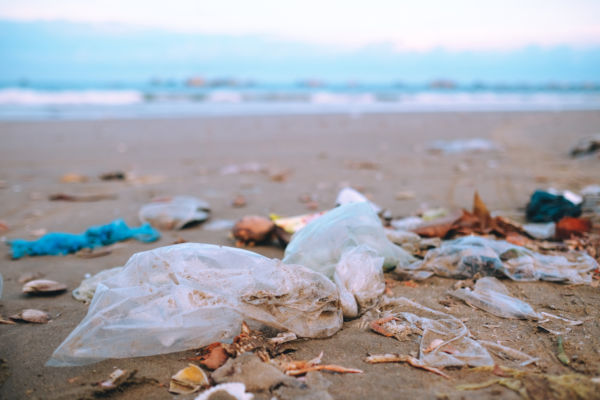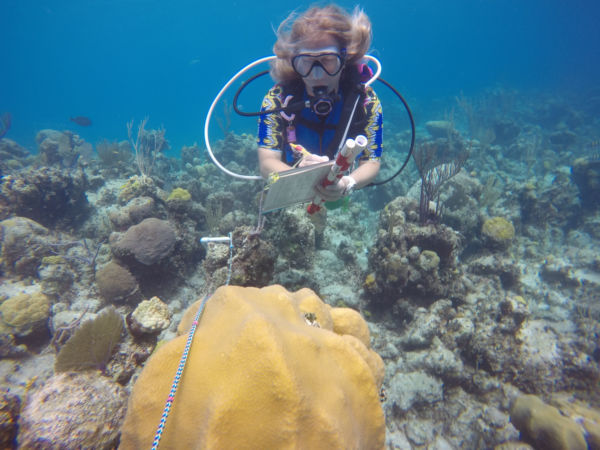Can you what you love and help the planet? Yes — by diving you can support healthier oceans and help promote conservation. From reef checks to voluntourism, here are some ways to support ocean conservation while still enjoying your dive.
Join REEF
Reef Environmental Education Foundation (REEF) is a non-profit group that conducts fish counts and sea life surveys. It relies on ordinary divers to track the number and kinds of fish they see, and then submit the data to REEF. By keeping track of fish, you can help scientists better understand the ocean and thus help regulatory agencies determine appropriate protections.
Dive Against Debris

Make every dive count by diving against debris. Project AWARE has developed an easy tracking program for divers, encouraging them to remove marine debris. This program both improves the health of the ocean through hands-on effort
and provides valuable information. Understanding the locations, quantities, and types of trash we collect helps create better global policies. Take action here.
Do a Reef Check

Similar to the fish survey is this reef-monitoring program called ReefBase. Divers help scientists by tracking coral reefs for a comprehensive global information system. Scientists must acquire a vast amount of data to understand the diversity and vitality of reefs. This data also offers insight on the effects of global warming and coral bleaching. By joining this program, you can help agencies conserve these significant ecosystems.
Be an Educator
Every person has the ability to positively influence other divers’ behavior. This is especially true for dive professionals. Thus, Green Fins has launched a free online guides course, as well as a course for everyday divers. These programs help reduce negative impacts on the underwater environment and teach individuals how to conduct more environmentally friendly dives. Being a good role model and spreading this knowledge are the most forthright ways to promote ocean conservation.
Try Citizen Science
Around the world, diving and scientific communities are collaborating to develop conservation initiatives. These programs aim to capture the public’s power, shifting it to hands-on science. Divers can make a significant contribution to ocean studies. Examples include whale shark identification, minke whale studies, lionfish population control, coral farming, and more. Keep an eye out in your preferred dive destination for upcoming opportunities. Searching online will also yield a variety of results. You’ll find many projects across the marine field that accept volunteers.
Support Eco-Businesses
Dedicated eco-resorts and operators are spreading across the world. Their message is a marriage of ocean protection and unforgettable experiences. By spending your dollars at businesses that are making impactful strides toward sustainability, you are safeguarding our ocean. Here are some tips on how to weed through businesses and find a sustainable shop.
Ocean Conservation Needs You
Every day the ocean is under attack from harmful human activities and manmade waste, and each dive gives you the opportunity to help offset this. Give your dives purpose. Donate them to science; volunteer your bottom time; or simply spread the word. The ocean plays a fundamental role to all life on earth, and all you have to do is donate a dive to help protect it.
Rachel Huber is a dive instructor and freelance writer based in Squamish, Canada. After a decade living a pirate’s life in the Caribbean, she moved home where she now writes primarily on travel and liveaboard diving. Her passion for scuba continues to take her all over the world seeking her next great story, and a whale shark or two. Visit her website or find her on Instagram.

